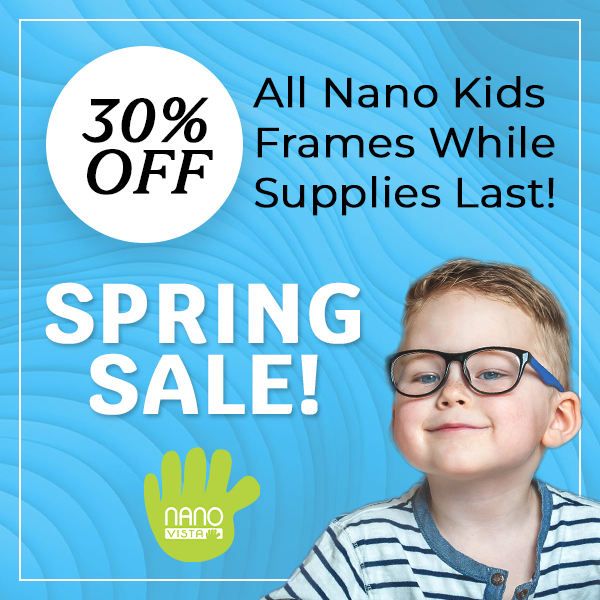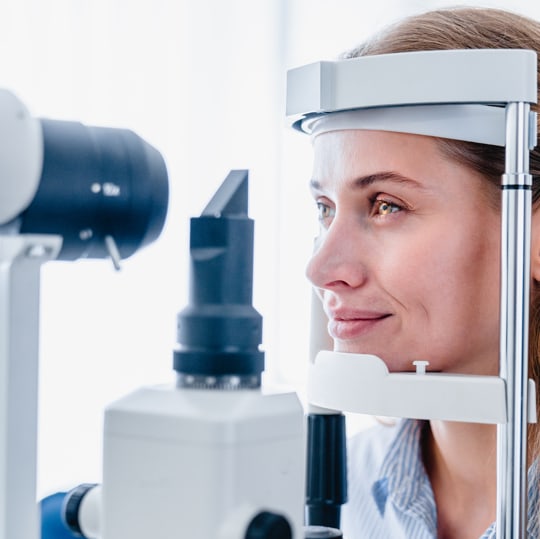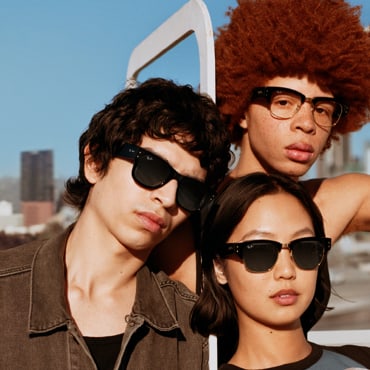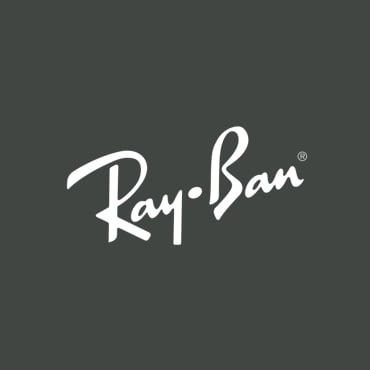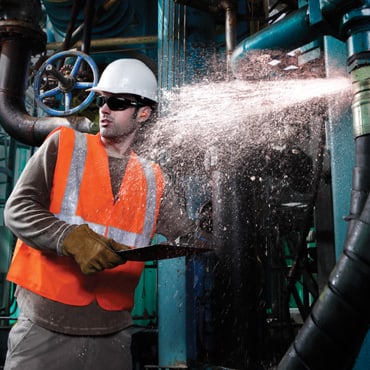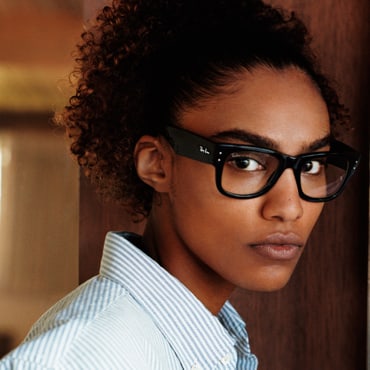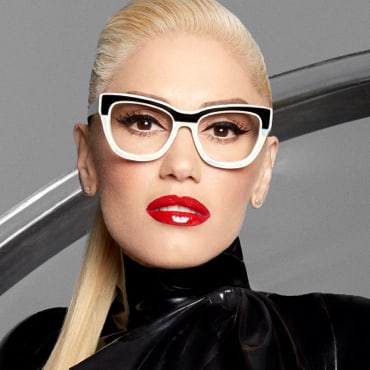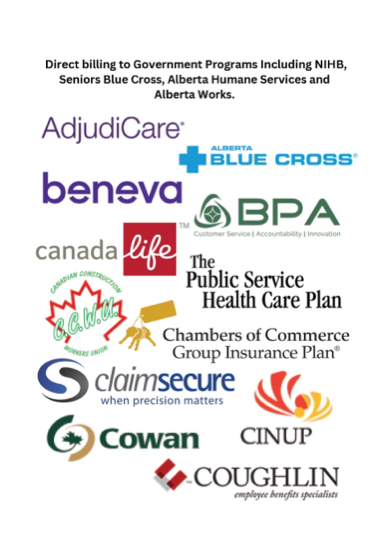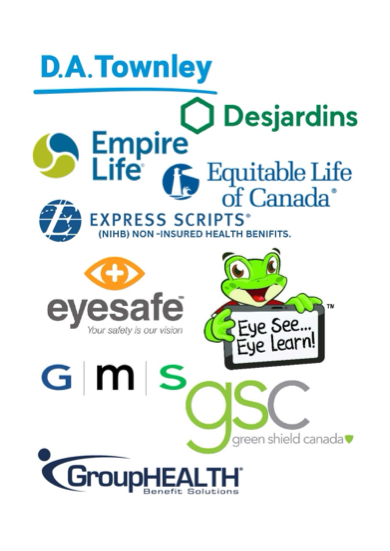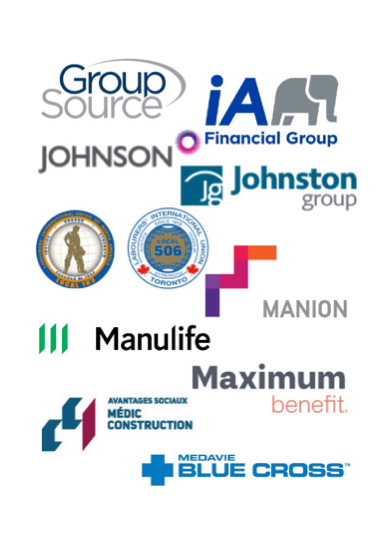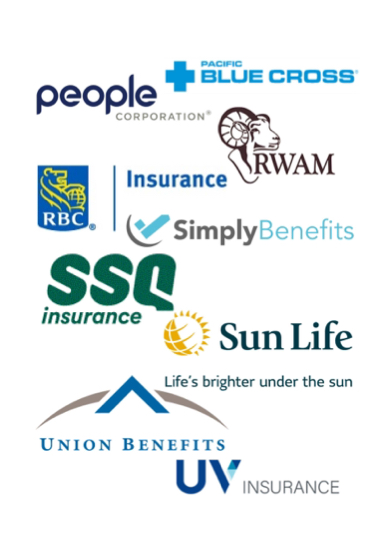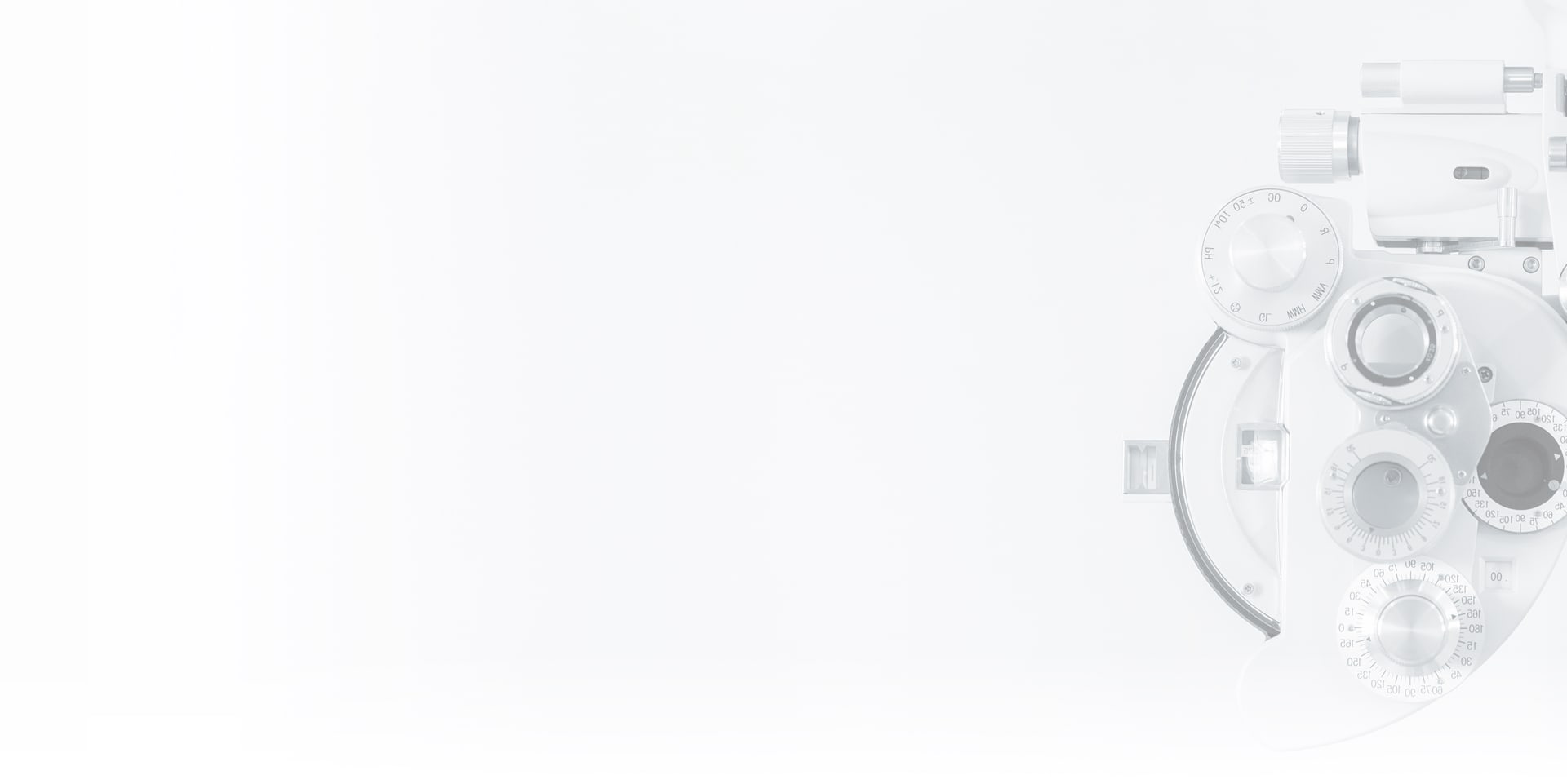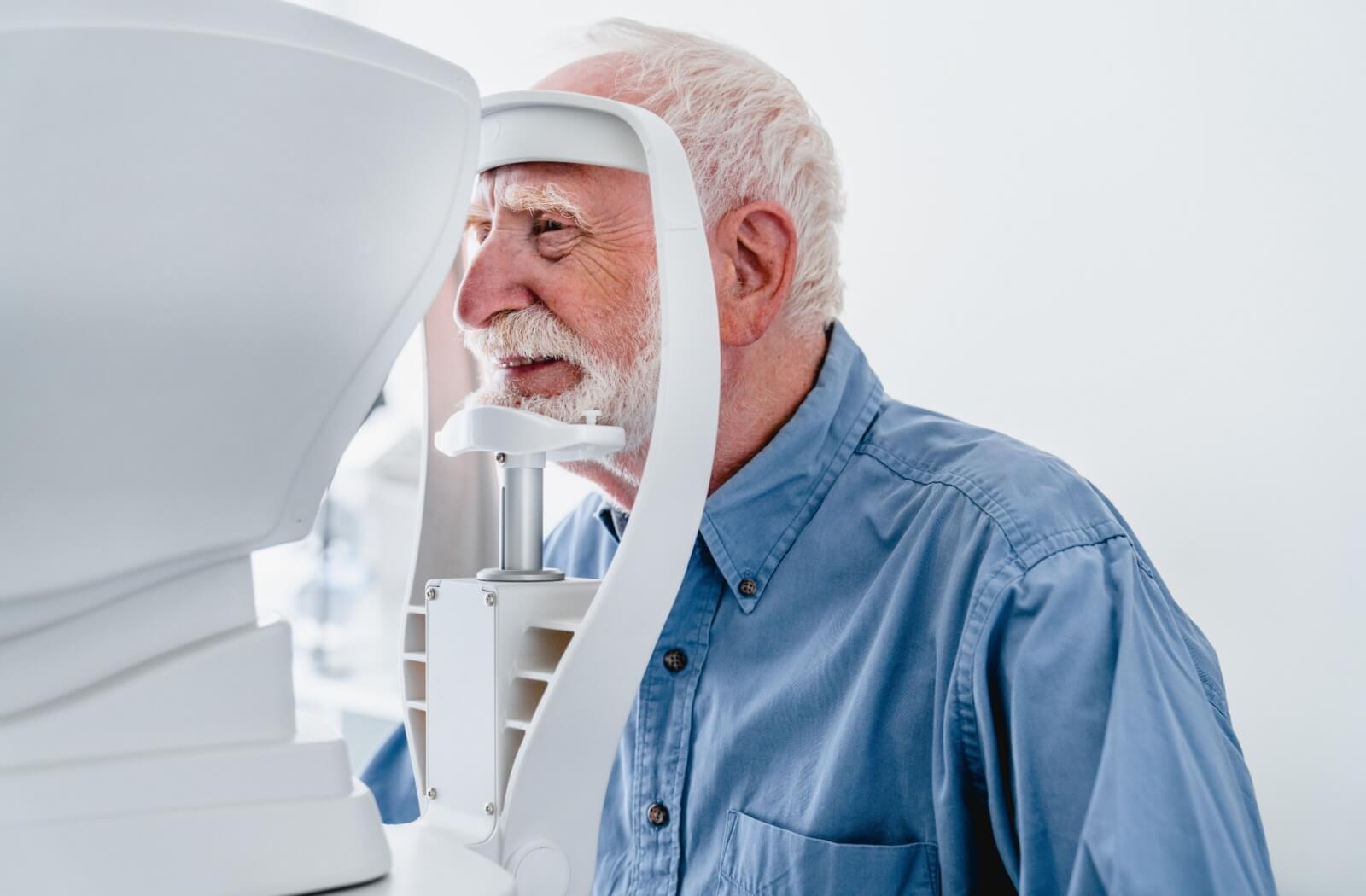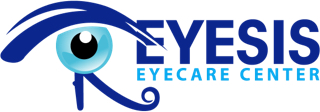Whether you need safety glasses for work, sports, or any other activity that poses a risk to your eyes, choosing the right brand for you can make a big difference. With so many types out there, it’s easy to feel overwhelmed and unsure of which one to go with.
Look for Z87.1 and CSA-compliant frames and lenses such as Wiley-X, ArmouRx, Uvex, and OnGuard. These high-quality, impact-resistant glasses can protect you from eye emergencies and can even come with prescription lenses so you don’t have to sacrifice clear vision for protection.
Safety Standards Explained
Manufacturers design safety glasses to meet a range of specific safety standards. The most common ones you may see include ANSI Z87.1 and CSA. These certification marks must be visible on all parts of the glasses. That includes the lenses, frames, removable side shields, or any other part that meets these standards. But what do these standards mean?
Z87.1 is the safety standard set by the American National Standards Institute (ANSI) for all eye and face protection equipment. The CSA standard is similar to the Z87.1 standard but is issued by the Canadian Standards Association (CSA). To earn these certifications, safety glasses must undergo rigorous testing to ensure they can withstand impact, penetration, and radiation.
You may see additional markings to indicate your glasses are certified for anti-fog, UV filtering, or other safety features.
A pair of safety glasses is Z87.1 or CSA compliant if they meet or exceed these safety standards. This certification is essential in any workplace where the eyes are at risk of injury.
Choosing the Right Safety Glasses
When selecting safety glasses, it’s essential to consider the hazards involved in your workplace, as well as any specific requirements laid out by your employer or safety regulator. Over 700 Canadian workers suffer eye injuries on the job every day, and 90% of those injuries could’ve been prevented with proper personal protective equipment (PPE).
Looking for glasses that are both Z87.1 and CSA compliant is an excellent first step, but consider your needs. For example, if you normally wear corrective eyeglasses, consider a set of prescription safety glasses. Prescription safety glasses have corrective lenses much like your everyday glasses but are tougher to offer a higher level of protection.
Even if you’re wearing the strongest safety glasses available, blurry vision can still put you in danger.
Lens Materials
Safety lenses come in a variety of different materials, including:
- Polycarbonate lenses: Polycarbonate plastic is known for being highly impact-resistant, making it the go-to choice for many lenses. Polycarbonate lenses are also lightweight, making them comfortable to wear, and can offer 100% UV protection. However, one downside of polycarbonate lenses is that they’re prone to scratches, which can affect their clarity over time.
- Trivex lenses: Trivex is a relatively new material used in eyewear lenses. They’re lightweight and slightly less impact-resistant than polycarbonate lenses, but they can be clearer and more scratch-resistant. They’re also known for their optical clarity, which is comparable to that of glass lenses. However, Trivex lenses can be slightly more expensive than polycarbonate lenses.
- Hi-Vex lenses: High-Vex lenses are an impact-resistant material similar to hard resin. If you prefer the feel of glass lenses over plastic ones, these lenses could be a good option. They can also be ideal for workers with a high prescription because they’re generally thinner, lighter, and very clear.
- Plastic (CR39) lenses: While CR39 may be more scratch-resistant than polycarbonate lenses, they’re not as impact-resistant. They also tend to be less expensive than other materials.
- Glass lenses: The traditional choice for eyeglasses, glass lenses are heavy and can be dangerous if they break, so they’re not recommended for use in safety glasses.
Frame Styles
When it comes to safety glasses, the frame style you choose is just as important as the lenses themselves. A good frame helps your glasses stay secure and comfortable during long hours of wear while providing additional protection from injuries.
The first step in choosing the right frame style for your safety glasses is to consider the type of work you do. For example, if you work in construction or landscaping, you might prefer a sturdy frame that can withstand wear and tear. On the other hand, if you work in a lab or manufacturing facility, you might want a frame that’s lightweight and comfortable to wear for long periods.
Once you’ve determined what features you need in a frame, you should consider the fit. A good fit helps your safety glasses stay in place. You can choose from several frame styles depending on the brand, including wrap-around, full-rim, and half-rim frames. Your glasses should cover from your eyebrow to your cheekbone, then across your nose to the sides of your face.
Your eyewear should rest comfortably on your face. The frame should sit as close to your skin as possible while the bridge of your nose supports it. Try on a few brands and check that you can look in all directions without any major obstructions. This is why you should get your safety glasses fitted if possible. Everybody’s eye size, bridge size, and temple length are unique.
The Details Matter When It Comes to Safety
You only have one set of eyes! When it comes to safety glasses, picking the right brand can have a significant impact on both comfort and safety. We offer top-rated brands like Wiley-X, ArmouRx, Uvex, and OnGuard. Our Eyesis Eyecare team can help you understand their key features so you can come to an informed decision.
Whether you need to protect your eyes at work or play, we’re ready to help you safeguard your vision. Book your appointment and speak to your optometrist about prescription safety glasses!
